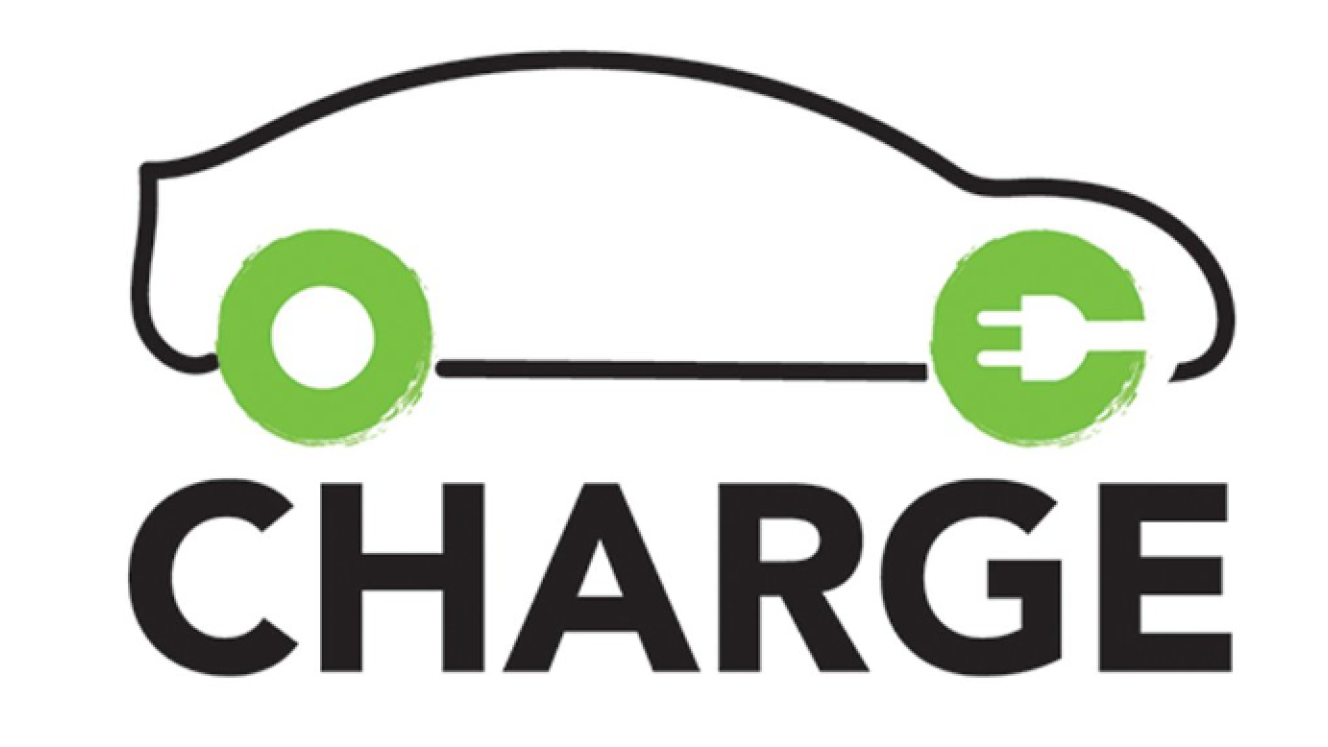A massive roll-out of electric vehicle (EV) charge points has begun in South Africa – with 80 such charge stations already in the initial or permitting phase – which will begin the process of enabling heavy commercial vehicles to embrace EVs for freight transport.
Zero Carbon Charge will be a nationwide network of ultra-fast renewable charging stations for EVs, independent of Eskom’s grid.
“We are now installing sites for lighter passenger vehicles and small delivery vehicles as a precursor to gearing up for the bigger vehicles in the heavy transport sector,” said Joubert Roux, the company’s founder.
“When looking at international trends, we believe that trucking will be making a switch to electric much sooner than is currently generally perceived.”
He anticipates that installation of larger charging stations, aimed at the commercial fleet market, will begin within three years.
Roux added that the national installation drive would be the largest single capital project in the country when it got into full swing.
As each of the charge sites is standalone and not attached to any existing service station network, he said the initial outlay per site for light vehicles would be R22 million.
The sites to accommodate heavies would cost some R600 million each.
Each site is free-standing with its own power station providing power. The sites comprise a convenience offering with private ablutions for the drivers.
The power generation will initially consist of photovoltaic solar facilities with battery storage. To ensure 100% availability there will be back-up from other renewable sources. The target charge time is 20 minutes for a 300-kilometre range.
“We are currently rolling out our passenger vehicle charging station network with construction expected to start on the first site in May. In parallel, we are finalising our financing. We are not only pursuing large and corporate investors, but also offer South Africans an opportunity to become part of the renewable energy value chain,” Roux said.
The heavier installations, mainly on national freight routes, are planned at 150 kilometre intervals. The N1 between Cape Town and Johannesburg will need about 12 sites.
“A positive safety element also comes into play when truck drivers are compelled to stop at these regular intervals. In a way this enforces the law which states that after two hours of driving they have to take a break to prevent fatigue,” Roux said.
He recently told the local newspaper of Vredendal in the Western Cape, Atlantic Gull: “Not only are we right up there on the road to zero carbon transport in South Africa, we’re also trying to make charging electric vehicles as sustainable as possible.
“With our first phase roll-out earmarked for the end of 2024, we want to create conditions promoting the successful deployment of EVs in South Africa sooner. If we can do that, we’re at the races! It’s bound to pave the way towards a more climate-resilient environment. What’s not to like when considering that internal combustion engine vehicles produce 29% of the carbon emissions on earth?”













